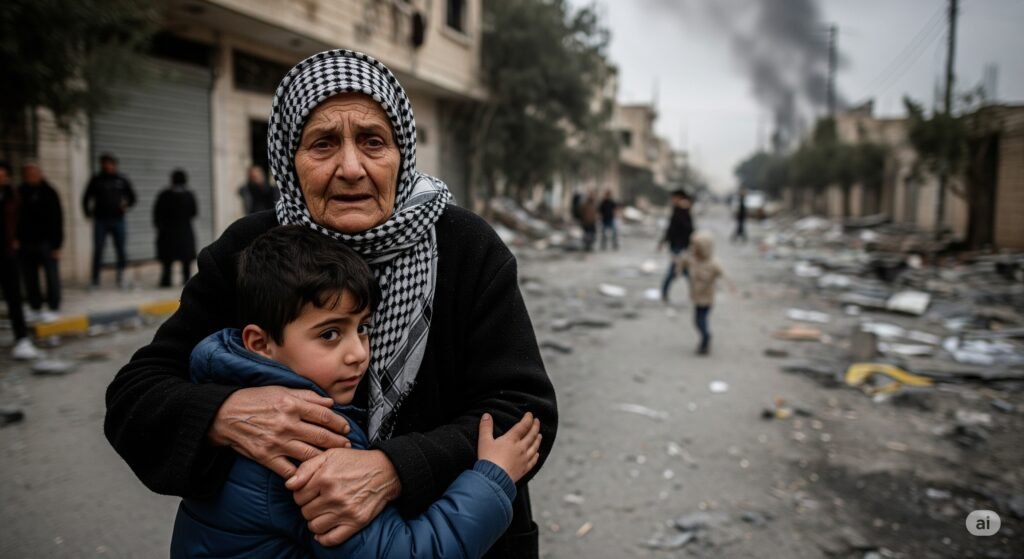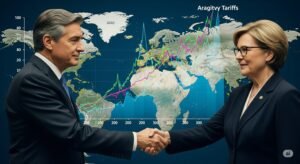Introduction
The Middle East remains a focal point of global concern, with ongoing conflicts creating instability and impacting international relations. Recent events, particularly involving Iran and Israel, have highlighted the deep-seated tensions in the region, drawing attention to the complex dynamics at play.
Recent Escalations
The historical animosity between Iran and Israel has recently manifested in a worrying escalation of direct and indirect confrontations. What was once primarily a “shadow war” has seen more overt actions, pushing the region closer to a broader conflict.
Key Players and Their Stances
Understanding the positions of the main actors is crucial. Israel views Iran’s nuclear program and its support for regional proxy groups (like Hezbollah and Hamas) as an existential threat, often asserting its right to self-defense through preemptive actions. Iran, on the other hand, sees Israel as an occupying force and a destabilizing presence, vowing support for Palestinian causes and opposing what it considers Israeli aggression.
Implications and Global Impact
The implications of these specific Iran-Israel tensions extend far beyond the immediate region.
- Energy Markets: Any significant disruption could impact global oil supplies and prices, affecting economies worldwide, including the U.S.
- International Diplomacy: Major world powers are often drawn into diplomatic efforts to de-escalate, highlighting the interconnectedness of global security.
- Regional Instability: The conflict risks drawing in neighboring countries and non-state actors, creating a wider humanitarian and security crisis.
The Human Cost
Amidst the geopolitical strategies and military actions, it’s essential to remember the human cost. Civilians in the affected areas bear the brunt of these conflicts, facing displacement, loss, and immense hardship. Their stories often go unheard, overshadowed by the larger narrative of political maneuvering between states.
What’s Next for Iran and Israel?
The path forward remains uncertain. While calls for restraint from the international community are constant, the deep-rooted mistrust and competing national interests make a swift resolution challenging. The coming period will likely test diplomatic efforts and the resilience of regional stability.











